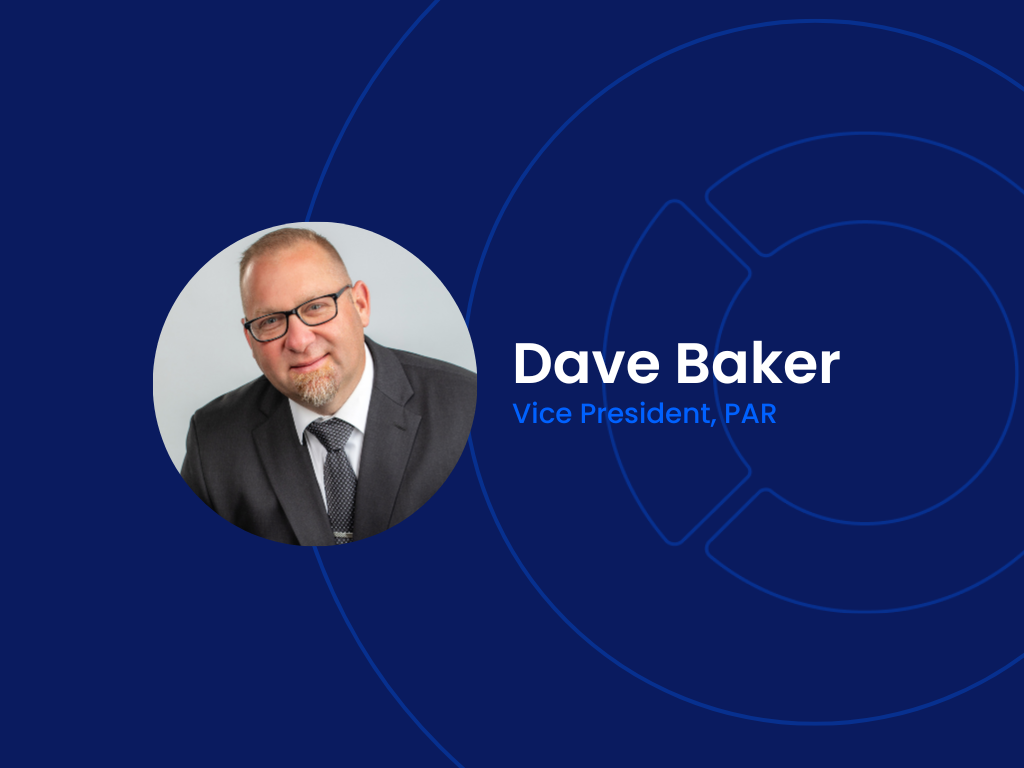WSJ: Businesses Rush to Sidestep Rate Shock by Paying Down Debt
Executives are aggressively paying down debt as higher interest rates increase the cost associated with having debt and businesses face the prospect of a recession.
Finance chiefs across industries are feeling the pinch of higher borrowing costs as the Federal Reserve continues to hike interest rates to combat persistently high inflation. The U.S. central bank last week increased its benchmark federal-funds rate by 0.75 percentage point for the fourth time this year, bringing it to a range of between 3.75% and 4%.
The three-month London interbank offered rate, a reference rate used in commercial loans, stood at 4.56% as of Tuesday, up from just under 0.15% a year earlier, according to data provider FactSet. The costs for shorter-tenured, one-month Libor have also gone up. The three-month secured overnight financing rate—the Libor replacement preferred by U.S. regulators—traded at 4.22% as of Tuesday, up from 0.04% a year earlier.
Against that backdrop, companies across industries and credit ratings are accelerating their preparations for a potential economic downturn, analyzing how a revenue shortfall could affect their finances. As a result, some are taking steps to rein in expenses and cut interest costs, while others are looking to put cash reserves to work as their bank deposits continue to generate minimal yields.
Chemicals company DuPont de Nemours Inc. on Tuesday said that it plans to retire $2.5 billion of senior notes due in 2023, which will result in annualized pretax savings of $100 million. Additionally, the company plans to pay off its outstanding commercial paper balance of $1.3 billion during the fourth quarter. “The prepayment reduces refinancing risk in a rising rate environment,” Edward Breen, chief executive at the Wilmington, Del.-based company, said during an earnings call.
Cosmetics company e.l.f. Beauty Inc. plans to pay down about 25% of its outstanding term loan during the quarter. The Oakland-based company had $88.3 million in long-term debt on its balance sheet as of Sept. 30, made entirely up of a floating-rate term loan.
Before the Fed’s latest rate hike, e.l.f. Beauty paid an annual interest rate of 4.9% on the loan, according to Mandy Fields, the company’s chief financial officer. That rate, which adjusts quarterly, is set to increase to nearly 6% during the current quarter, she said. “It felt like a good time to step back and say, ‘We built this great cash balance. How can we put it to use in a better way?’” Ms. Fields said.
E.l.f. Beauty’s had $85.3 million in cash and equivalents on its balance sheet as of Sept. 30, more than double compared with a year earlier. The company’s sales have been strong despite fears of a downturn as the company, whose mass-market products include a $3 lipstick, benefited from strong demand.
Noninvestment grade companies, and particularly those with floating-rate debt, are more urgently looking for ways to trim interest costs than higher-rated companies, which have ample cash and access to the capital markets, said David White, a senior managing director who advises CFOs at FTI Consulting Inc.
“If I have closer to a junk rating, that’s a game changer. It’s all about the here and now,” Mr. White said, describing the sense of urgency among such companies.
Total debt at companies in the S&P 500 that reported third-quarter earnings through Nov. 4 remained about flat during the quarter from a year earlier, increasing by 0.3% at the median to just over $9.3 trillion, according to S&P Global Market Intelligence. Sectors including healthcare, consumer staples and information technology have cut their total debt by median values of 5%, 2% and 1%, respectively. Others, including consumer discretionary and real estate, have increased their debt loads, S&P said.
KAR Auction Services Inc., which operates a digital marketplace for second hand cars, used the $1.7 billion after-tax net proceeds that it generated from the May sale of its ADESA U.S. wholesale auction business to pay down debt ahead of schedule.
KAR, which has a junk rating, is looking to trim its expenses as it plans for a macroeconomic slowdown and aims to operate as a leaner, digital business, said Eric Loughmiller, the company’s finance chief. “I would much rather, if I had my choice, reduce my interest burden and keep my technology team at full capacity,” he said.
***
To read the full article in The Wall Street Journal, click here.



